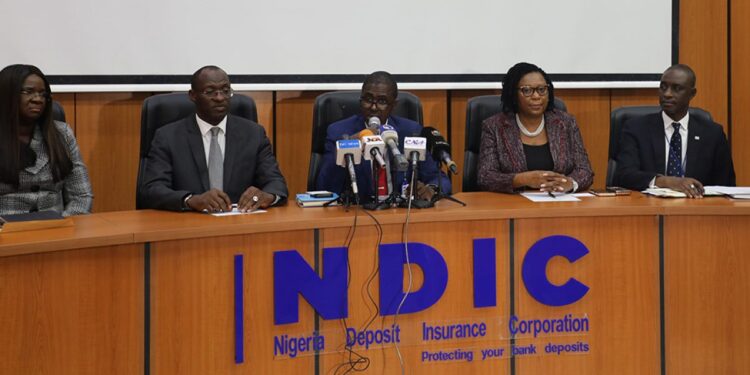The Managing Director and CEO of the Nigeria Deposit Insurance Corporation (NDIC), Bello Hassan, has called for the adoption of Artificial Intelligence (AI) in fraud detection. Speaking at the Risk Management Roundtable organized by FITC, Hassan believes that traditional methods of detecting fraud, which often rely on people checking things manually, are becoming less effective.
“AI can process vast amounts of data in real-time, identify unusual patterns, and detect emerging threats long before they cause significant harm,” Hassan stated.
Fraud in Nigerian banks is surging. According to the latest FITC report, fraud cases rose 65% from 11,532 in Q2 2024 to 19,007 in Q3. Similarly, the amount involved in fraud jumped by 105%, reaching ₦115.9 billion in Q3, compared to ₦56.6 billion in the previous quarter. Despite these alarming figures, the actual loss to fraudsters dropped 75%, from ₦42.8 billion to ₦10.1 billion, showing the resilience of preventive systems.
Hassan explained how AI, specifically machine learning and anomaly detection, can help identify suspicious activities like large withdrawals from unusual places. AI can also help prevent identity theft and account takeovers.
Moreover, AI can reduce false positives by examining multiple factors, allowing banks to focus on real threats. “Regulators must ensure public trust by guaranteeing AI technologies reinforce stability without infringing on data privacy or consumer rights,” Hassan added.
Hassan praised the Federal Ministry of Communications for drafting Nigeria’s first National Artificial Intelligence Strategy. The goal is to use AI responsibly across different industries. Organizations around the world are working on guidelines for using AI in financial services.
While AI is promising, it’s important to make sure it’s used in a way that respects data privacy laws, such as the Nigeria Data Protection Regulation (NDPR), which is critical. He also stressed eliminating bias in AI models, maintaining transparency, and protecting AI systems from cyberattacks.
“Transparency in AI decision-making is essential,” Hassan said, urging collaboration between financial institutions, regulators, and technology stakeholders. With fraud cases on the rise, AI could be a game-changer for fraud detection in Nigerian banking.
As fraud threats evolve, embracing AI with robust regulations may be key to safeguarding the financial system.






















































